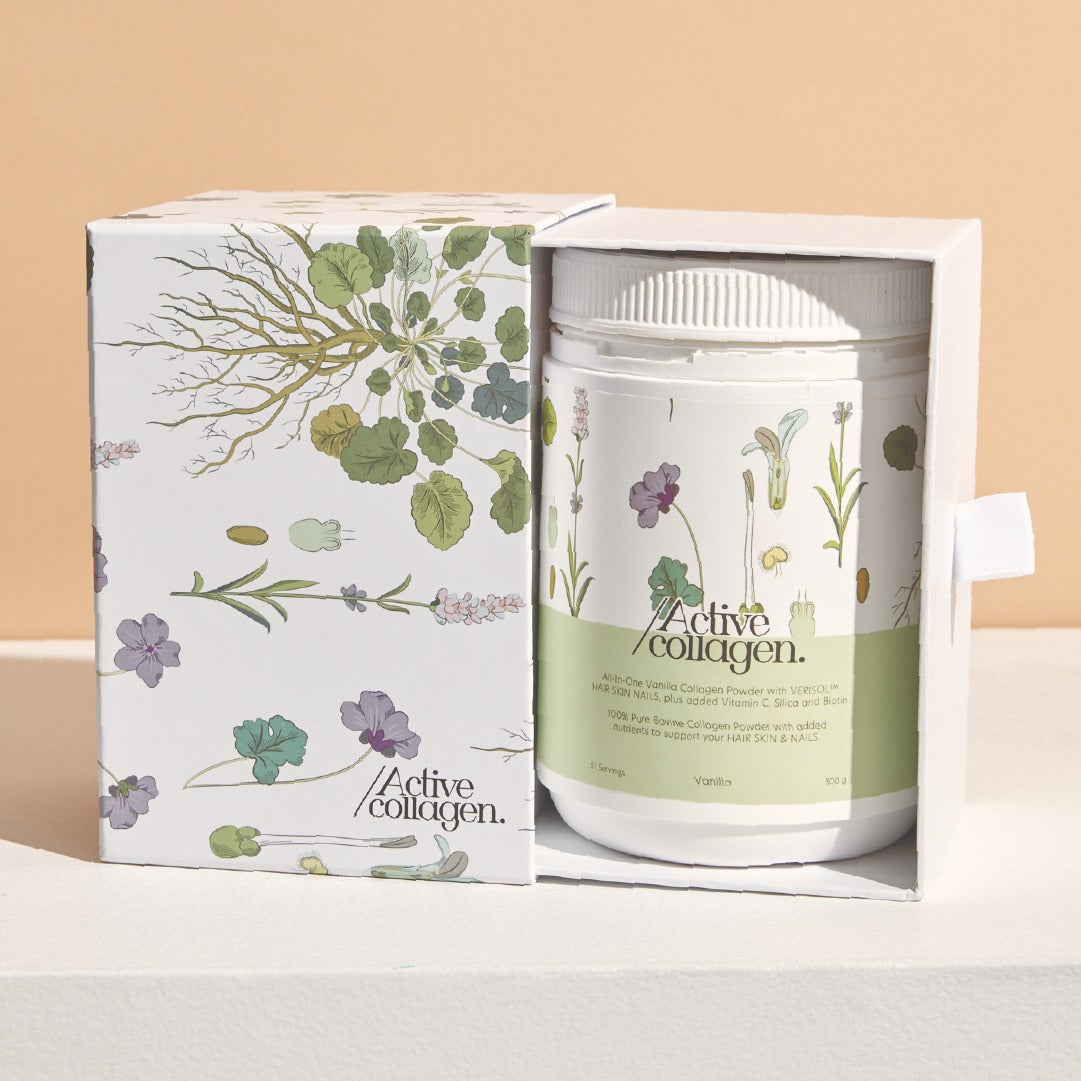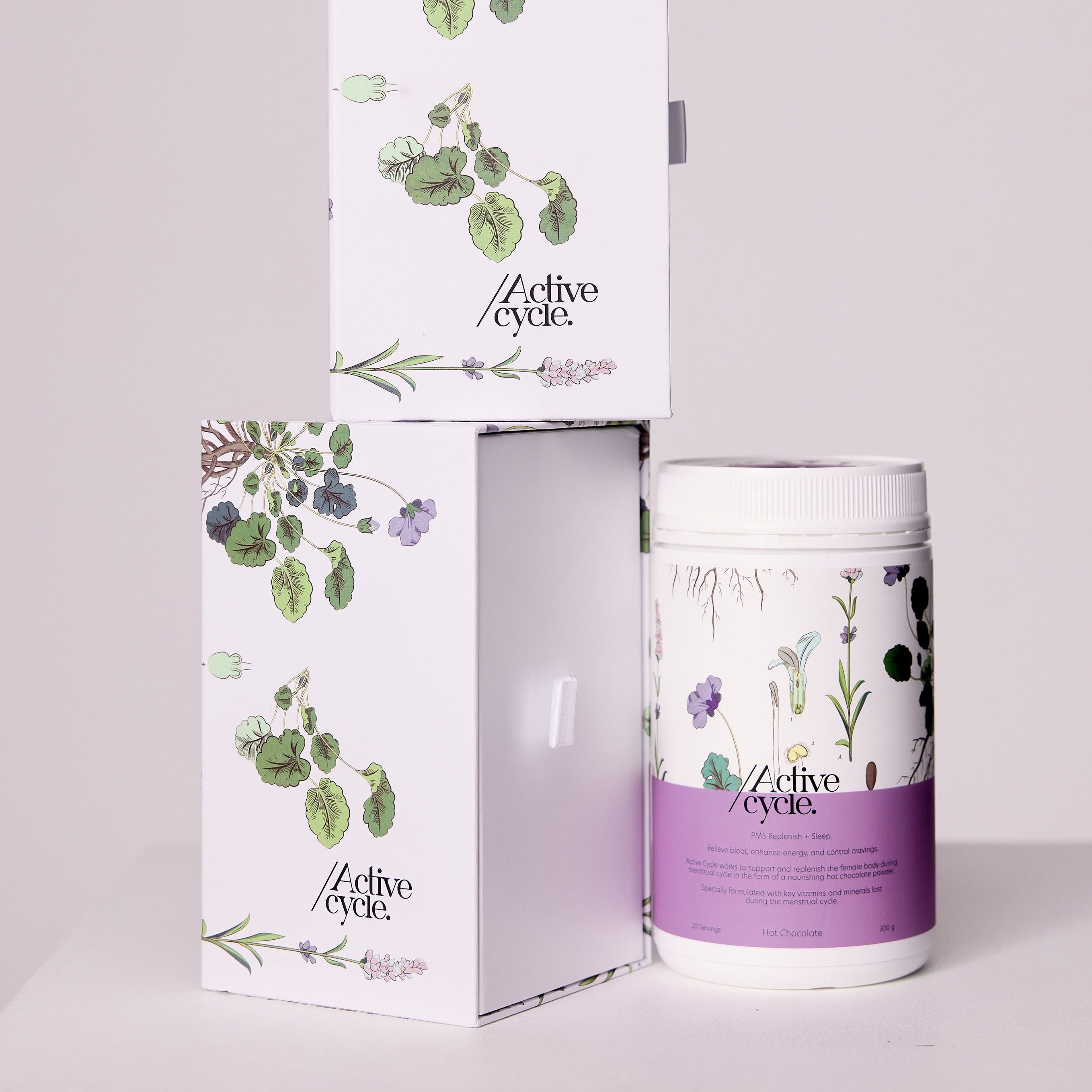Mention the liver and without a doubt your probably thinking alcohol, juice cleanse and detox. But the health of our mighty liver goes way beyond just limiting alcohol intakes.
Our liver is well-known for its association with alcohol, detoxification and metabolising fatty acids. However, did you know that the liver plays a major part in hormone health? And in turn – you guessed it – can contribute to a healthy cycle?
Becoming a far too common occurrence in women’s lives are hormone imbalances and the struggles that come with them – PMS, excess oestrogen and PCOS to name a few. Read on to find out how you can support your hormones by giving your liver some lovin’.
The Role of Our Liver
The liver really is a busy organ. It is the body’s centre for a plethora of physiological processes including macronutrient metabolism, regulating blood volume, controlling cholesterol levels, removing toxins and metabolising drugs. When it comes to the liver’s role in hormone health – its endocrine function – there has been greater understanding developed over the last decade.
Our primary endocrine organs such as the hypothalamus, adrenals and pituitary glands are in continuous conversation with secondary endocrine organs, like our liver, to regulate hormonal function and production. To name a few, some of the liver’s major endocrine functions are:
- Vitamin D – now considered a hormone itself – is converted to its main storage form 25-hydroxyvitamin D in the liver after Vitamin D3 is produced through the skin. Vitamin D is used in the production of our sex hormones.
- Cholesterol can be synthesised in the liver which is a precursor to hormone production.
- Metabolism of sex hormones i.e., oestrogen and testosterone, and their transport proteins.
- Sex-Hormone Binding Globulin production, a protein that carries hormones throughout the body.
- Eliminating hormones through detoxification.
If we consider our livers numerous jobs in hormone health, it becomes clear how important it is to support liver function if we want optimal hormone function.
What Factors Impact Liver & Hormonal Health?
Of course, an obvious factor is excessive alcohol consumption which is not only toxic to the liver but can lead to detrimental health outcomes like fatty liver disease. However, our general daily diets and lifestyles can also have a negative impact on liver health.
At the centre of our body’s toxin removal is our liver. Toxins from our diet and environment can look like heavy metals, plastics, fertilizers and pesticide residues which pass through the liver for excretion. These are often present in standard food manufacturing which have shown a direct correlation with hormonal disturbance. Due to this, these chemicals are referred to as endocrine disrupting chemicals (EDCs). Some other EDCs you might be familiar with include BPA, phthalates and DDTs.
However, some of these EDCs are also known as xenoestrogens – BPA and phthalates - which have the ability to mimic or block our bodies natural oestrogen. When our exposure to xenoestrogens are high this can disrupt the natural detoxification of oestrogen through the load that is put on the liver. This prevents the removal of excess oestrogen where it is then reabsorbed often leading to an imbalance or dominant oestrogen levels.
Obesity is also a common factor in suboptimal liver health. In this modern day and age, obesity has become an epidemic in itself that is also driving the numbers of non-alcoholic fatty liver disease (NAFLD) high. This is clinically seen in 80% of those with NAFLD presenting as obese and with greater central adiposity.
Supporting Your Liver
If you are struggling with a hormonal imbalance or would just like to optimise your hormone health, supporting the liver is a great place to start.
Diet: There is no doubt diet can have a positive effect on our liver and hormone health. A fabulous ‘functional food’ to include for liver health is beetroot. Beetroot contains betalains, a bioactive antioxidant that has shown beneficial effects in reducing liver damage. Also, incorporating cruciferous green vegetables such as broccoli, cauliflower and brussels sprouts, has oestrogen regulating effects due to their support in detoxification.
Exercise: Regular exercise not only helps maintain a healthy body weight, metabolism and cardiovascular health but it also is a preventative measure for NAFLD. Daily exercise also helps to move those bowels for toxin elimination so win, win!
Reducing alcohol consumption: The overconsumption of alcohol can lead to liver diseases and implications. Need we say more.
Go Low- or No-Tox: Toxins really do wreak havoc on our hormones and add to our liver’s already extensive job list. Although, it is hard to eliminate everything at once so start with one at a time. Some swaps to consider include buying organic or thoroughly washing your produce, using glass containers/jars over plastic and opting for an aluminium free deodorant.
Supportive Supplements: As the cherry on top of all the supportive ways you can help support your liver, there are some powerful herbs to consider. Incorporating Dandelion root tea or coffee can stimulate bile flow in the liver for detoxification of toxins or excess hormones. St Marys thistle is another herb that has been used for protecting the liver from external toxins and supports healthy liver function through antioxidant, antifibrotic and anti-inflammatory properties.
Pssst! You can find St Marys thistle incorporated into our newest product Active Cycle, a hormone supporting vanilla hot chocolate.
Rhyu, J., & Yu, R. (2021). Newly discovered endocrine functions of the liver. World journal of hepatology, 13(11), 1611–1628. https://doi.org/10.4254/wjh.v13.i11.1611
Trefts, E., Gannon, M., & Wasserman, D. H. (2017). The liver. Current biology : CB, 27(21), R1147–R1151. https://doi.org/10.1016/j.cub.2017.09.019
Okano T. (2015). The role of the liver in vitamin D metabolism. Clinical calcium, 25(11), 1613–1618. https://pubmed.ncbi.nlm.nih.gov/26503864/
Trefts, E., Gannon, M., & Wasserman, D. H. (2017). The liver. Current biology : CB, 27(21), R1147–R1151. https://doi.org/10.1016/j.cub.2017.09.019
Tsuchiya, Y., Nakajima, M., & Yokoi, T. (2005). Cytochrome P450-mediated metabolism of estrogens and its regulation in human. Cancer letters, 227(2), 115–124. https://doi.org/10.1016/j.canlet.2004.10.007
Vigar, V., Myers, S., Oliver, C., Arellano, J., Robinson, S., & Leifert, C. (2019). A Systematic Review of Organic Versus Conventional Food Consumption: Is There a Measurable Benefit on Human Health?. Nutrients, 12(1), 7. https://doi.org/10.3390/nu12010007
Piazza, M. J., & Urbanetz, A. A. (2019). Environmental toxins and the impact of other endocrine disrupting chemicals in women's reproductive health. JBRA assisted reproduction, 23(2), 154–164. https://doi.org/10.5935/1518-0557.20190016
Wang, X., Ha, D., Yoshitake, R., Chan, Y. S., Sadava, D., & Chen, S. (2021). Exploring the Biological Activity and Mechanism of Xenoestrogens and Phytoestrogens in Cancers: Emerging Methods and Concepts. International journal of molecular sciences, 22(16), 8798. https://doi.org/10.3390/ijms22168798
Milić, S., Lulić, D., & Štimac, D. (2014). Non-alcoholic fatty liver disease and obesity: biochemical, metabolic and clinical presentations. World journal of gastroenterology, 20(28), 9330–9337. https://doi.org/10.3748/wjg.v20.i28.9330
Hodges, R. E., & Minich, D. M. (2015). Modulation of Metabolic Detoxification Pathways Using Foods and Food-Derived Components: A Scientific Review with Clinical Application. Journal of nutrition and metabolism, 2015, 760689. https://doi.org/10.1155/2015/760689
Chen, L., Zhu, Y., Hu, Z., Wu, S., & Jin, C. (2021). Beetroot as a functional food with huge health benefits: Antioxidant, antitumor, physical function, and chronic metabolomics activity. Food science & nutrition, 9(11), 6406–6420. https://doi.org/10.1002/fsn3.2577
van der Windt, D. J., Sud, V., Zhang, H., Tsung, A., & Huang, H. (2018). The Effects of Physical Exercise on Fatty Liver Disease. Gene expression, 18(2), 89–101. https://doi.org/10.3727/105221617X15124844266408
Pfingstgraf, I. O., Taulescu, M., Pop, R. M., Orăsan, R., Vlase, L., Uifalean, A., Todea, D., Alexescu, T., Toma, C., & Pârvu, A. E. (2021). Protective Effects of Taraxacum officinale L. (Dandelion) Root Extract in Experimental Acute on Chronic Liver Failure. Antioxidants (Basel, Switzerland), 10(4), 504. https://doi.org/10.3390/antiox10040504
Achufusi, T. G. O., & Patel, R. K. (2022). Milk Thistle. In StatPearls. StatPearls Publishing. https://pubmed.ncbi.nlm.nih.gov/31082119/




